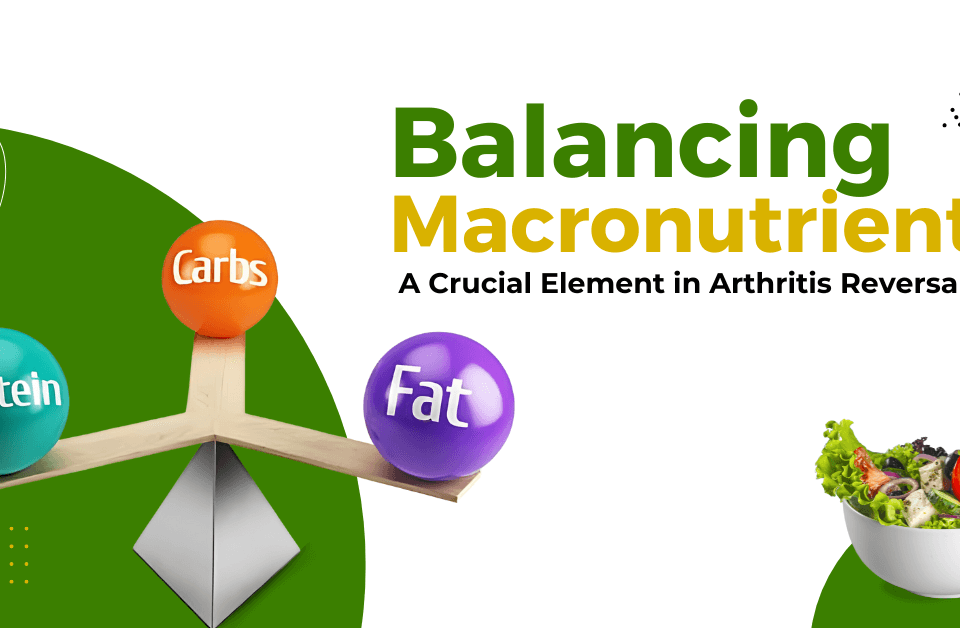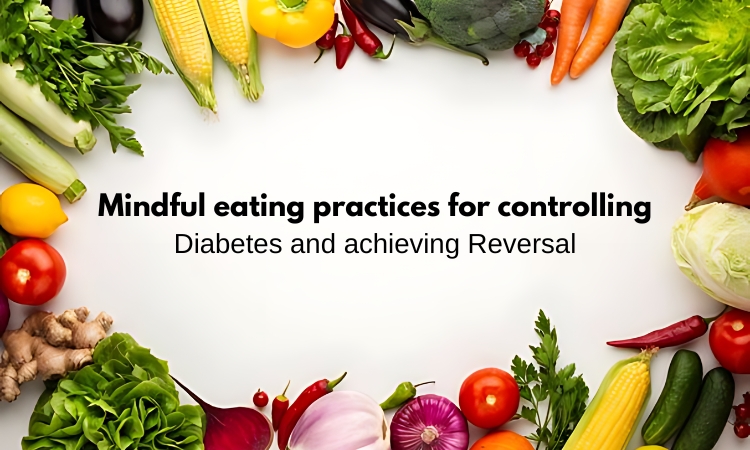Antioxidant Rich Foods for Protecting the Brain Against Oxidative Stress

Understanding the Benefits of Intermittent Fasting for Diabetics
May 25, 2024
Mindful Eating Practices for Controlling Diabetes and Achieving Reversal
July 16, 2024Our brains are the tireless commanders of our bodies, constantly processing information and keeping us functioning. But even the most potent control centre needs protection! This is where antioxidants act as the brain's brave defenders.
What is Oxidative Stress, and Why Should We Care?
Imagine tiny, unstable molecules bouncing around inside your brain cells. These are free radicals, and while they play a role in some bodily functions, too many can wreak havoc. Through a process known as oxidative stress, they cause harm to healthy cells and lead to cognitive decline and brain illnesses such as Alzheimer's.
Antioxidants
Antioxidants act as the cavalry of your brain, scavenging free radicals before they can do any damage. Imagine them as the human equivalent of Pac-Man, consuming these free radicals and stopping them from causing damage to your brain cells.
- Berries: Blueberries, raspberries, and strawberries burst with anthocyanins, champion antioxidants that act as shields, protecting your brain cells from damage. Studies suggest anthocyanins may improve communication between brain cells, potentially leading to sharper memory and cognitive function. Consider incorporating them into smoothies, yoghurt parfaits, or enjoy them as a refreshing snack.
- Leafy Greens: Spinach, kale, and leafy greens to the rescue! These champions contain lutein and zeaxanthin, powerful antioxidants that act like knights defending your memory and learning abilities. Research suggests these antioxidants help improve focus and information processing, keeping your mind sharp. Leafy greens are incredibly versatile; try them in salads, stir-fries, or even juices for a quick and concentrated dose of nutrients.
- Citrus Squad: Oranges, grapefruits, and other citrus fruits are brimming with vitamin C, an antioxidant that helps reduce inflammation and may improve cognitive function. Imagine vitamin C as a loyal foot soldier keeping your brain sharp. It may also aid blood flow to the brain, delivering essential nutrients for optimal performance. Kiwis and bell peppers are also excellent sources of vitamin C, so citrus fruits are also a fantastic source.
- Plant Power: Don't forget colourful vegetables like bell peppers, sweet potatoes, and carrots. These are high in beta-carotene, which the body uses to make vitamin A and is essential for normal brain function. Vitamin A helps ensure your brain runs smoothly by regulating communication between brain cells. These vibrant veggies can be roasted for a tasty side dish or added to soups and stews to boost nutrition and flavour.
- Nuts: Almonds, walnuts, and other nuts contain vitamin E, an antioxidant that safeguards brain cells from free radical damage, acting like a helmet protecting your brain from everyday wear and tear. Vitamin E also helps improve memory and cognitive function, especially as we age. Nuts are a convenient and portable brain-boosting snack. Enjoy them by themselves, or add them to salads, yoghurt, or oatmeal for a satisfying crunch.
Beyond the Plate
A well-rounded approach to brain health goes beyond just food.- Exercise Regularly: Get your brain pumping! Exercise isn't just about physical fitness; it's a power-up for your mind. Increasing blood flow delivers a surge of essential nutrients and oxygen, supercharging your brain like a mental jetpack. Regular exercise can also help improve memory, focus, and overall cognitive function. Think of it as allowing your brain to stretch and strengthen its connections. On most days of the week, try to get at least 30 minutes of moderate-intensity workout.
- Get Enough Sleep: When sleep-deprived, your brain is more vulnerable to oxidative stress. To help your brain heal and rejuvenate, get between seven and eight hours of sound sleep every night. Sleep isn't just for rest; it's a power cleanse for your brain! While slumbering, your brain consolidates memories, like filing away vital information. At the same time, it flushes out toxins that can cloud your thinking and contribute to brain cell damage. Set a consistent sleep regimen and develop a calming bedtime ritual to guarantee restful sleep.
- Manage Stress: Chronic stress can raise free radical levels. After a stressful day, de-stress by taking a deep breath and practising relaxation practices like yoga or meditation to help you relax. Chronic stress can negatively impact memory, focus, and overall brain function. By managing stress, you can help create a calmer environment for your brain cells to thrive. Are you feeling overwhelmed? De-stress the natural way! Escape into nature, unwind with calming music, or connect with loved ones. Simple strategies like these can be your secret weapon for managing stress and keeping your mind balanced.
Remember: While antioxidant-rich foods are a great way to support brain health, consulting with a doctor or registered dietitian can provide better dietary advice. They can help you create a well-rounded plan incorporating your needs and preferences.







